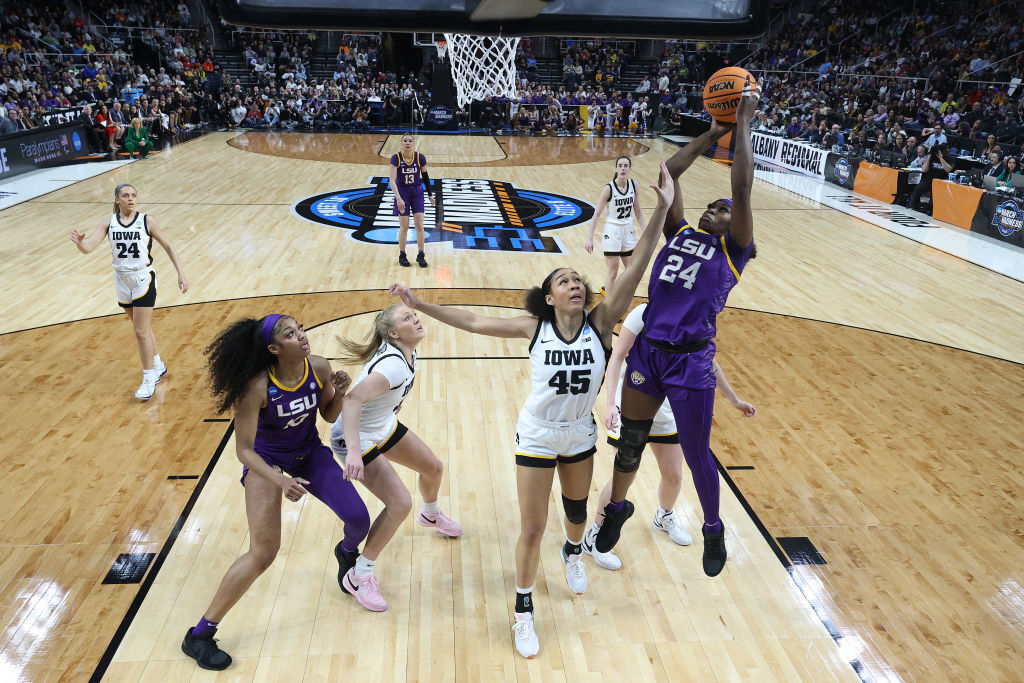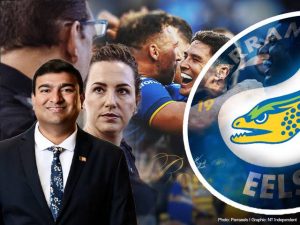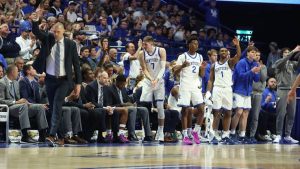
Student-athletes at Louisiana universities may be able to collaborate with marketing reps if lawmakers agree to alter the state’s name, image, and likeness (NIL) restrictions. It is one of several suggested changes to a statute that has upended the financial stream for university athletics.
Sen. Kirk Talbot, R-River Ridge, stated that Senate Bill 465 will enable schools, particularly LSU, to keep up with the constantly expanding and extremely competitive NIL space.
The bill specifically includes marketing specialists to connect student-athletes with more lucrative jobs, according to the senator. They differ from agents, who typically represent athletes in their interactions with professional organizations.
The law would also force athletes to disclose any NIL contracts worth $600 or more, the same income threshold for Form 1099 reporting to the Internal Revenue Service, which is utilized for money earned from a non-employer individual or corporation.
Talbot’s proposal would also make financial literacy seminars a yearly requirement. Currently, student-athletes are only needed to take one class between their first and third academic years.
If Senate Bill 465 passes, colleges will be able to provide information on financial responsibility, business development, and marketing.
Winston Decuir, the LSU System’s chief counsel, attended Talbot before the Senate Committee on Education on Wednesday to introduce his measure.
“You have a lot of athletes, especially female athletes, that have higher opportunities at the collegiate level than they do at the pro level,” Decuir stated.
Livvy Dunne, an LSU gymnast, has the highest NIL valuation of any female collegiate athlete at $2.6 million.
Basketball Standouts Caitlin Clark of the University of Iowa and Angel Reese of LSU, both first-round picks in Monday’s WNBA draft, will sign contracts with their respective teams earning substantially less than what they earned in college through NIL deals.
College athletic departments are also facing financial consequences as NIL grows more prominent, according to Decuir. Corporate sponsors that formerly invested solely in colleges are increasingly sharing their funds between student-athletes and schools.
“It’s going to require universities to reallocate their expenses,” he stated.
“NIL is going to change the business model of college athletics,” Decuir stated, “and a lot of people view it as an equitable change.”






